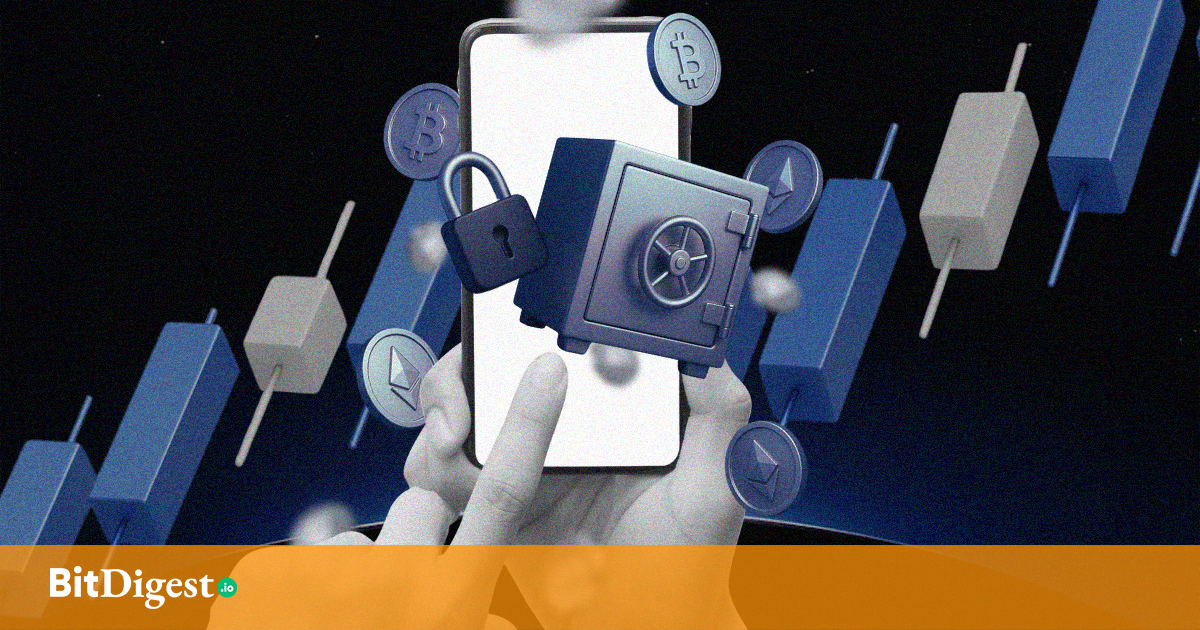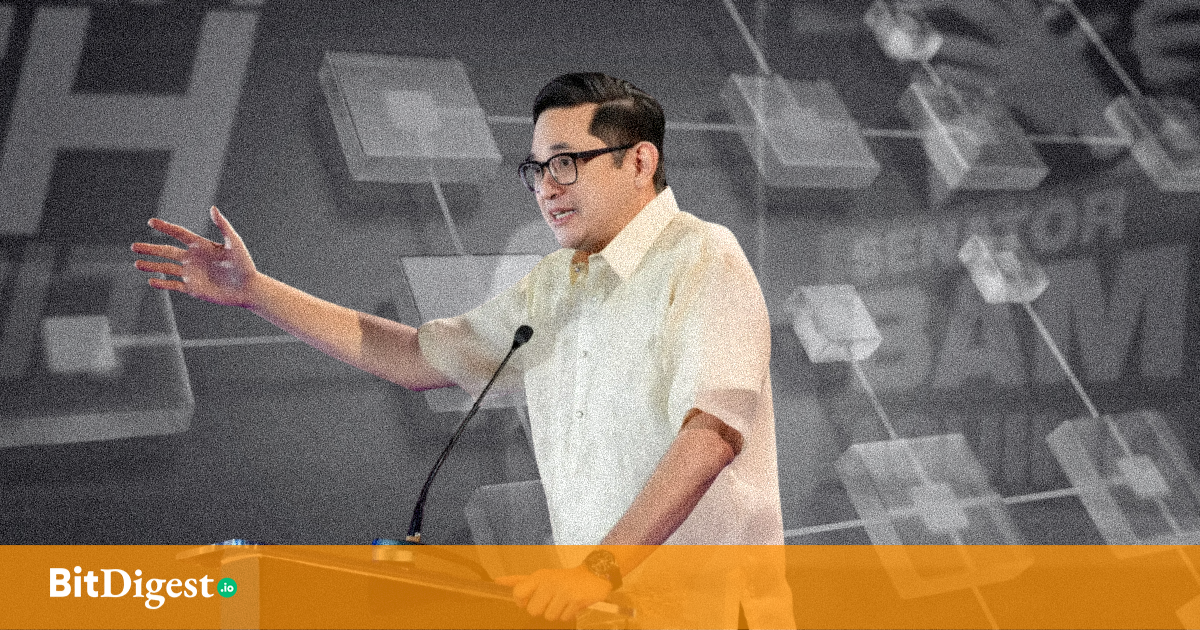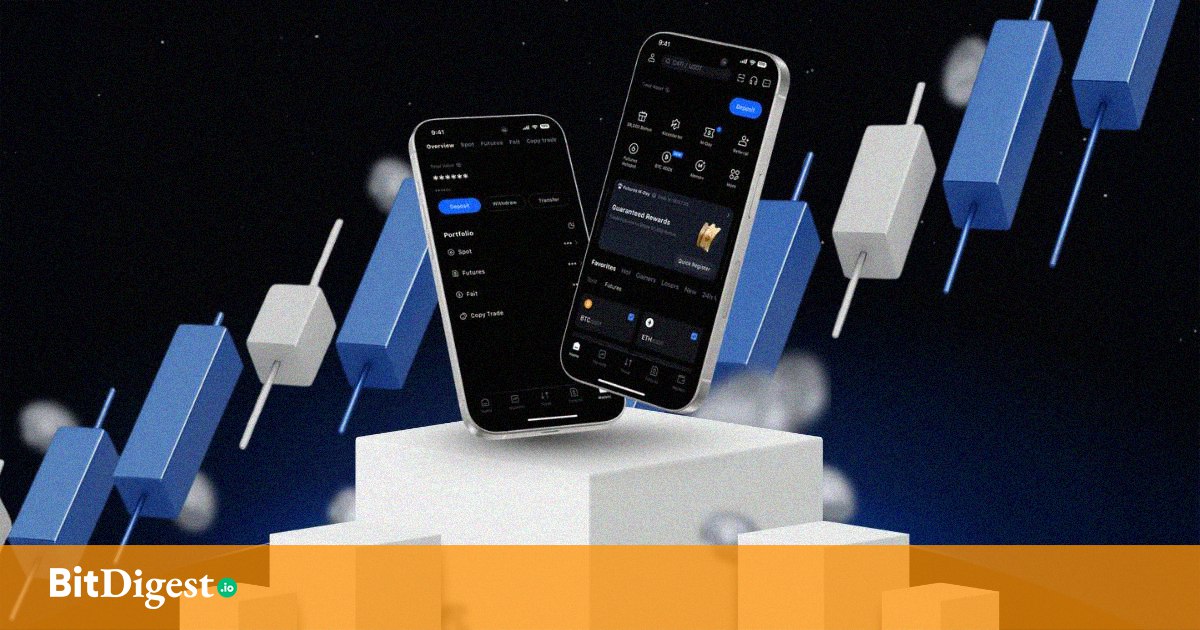Faster Help, Lower Costs: The P2P App Changing How OFWs Support Family
Imagine this scenario, in a remittance center in Abu Dhabi, Liza waits her turn to send ₱30,000 home. Her family in Quezon will only receive ₱26,000 after fees and unfavorable exchange rates. It’s a quiet cost many OFWs absorb month after month.
Over $40 billion are sent annually by Filipinos working abroad, making remittances a cornerstone of the national economy. Yet traditional systems often fall short in returning the favor. OFWs remain burdened by delays, hidden charges, and intermediaries who take a cut before funds reach their intended recipients.
Sending Money Costs More Than Its “Price”
Despite their vital role in the economy, OFWs face some of the highest remittance costs globally. Our kababayans are left with no choice but pay between 6% to 15% in fees, sometimes more depending on the corridor. This means a lot more for families relying on every peso, these charges translate to real sacrifices that could mean missed school payments, reduced food budgets, and delayed medical care.
A New Way to Move Money
Peer-to-peer platforms like NoOnes offer a different approach. Instead of relying on banks or wire services, users connect directly with verified traders who accept local payout methods from bank deposits to e-wallets like GCash. This method bypasses traditional banking networks and outdated systems that slow down transactions and add unnecessary costs, resulting in faster transfers and lower costs.
Furthermore, an escrow system is in place to act not as some random third party; it’s built directly into the platform’s code. When a transaction starts, the crypto is automatically locked in escrow by the system itself, not a person. This ensures that no one—neither the buyer nor the seller—can run off with the money mid-transaction. Now a disagreement happens, it is when a qualified personnel steps in to provide dispute resolution support, reviewing chat logs and trade activity to make a fair decision.
Designed for Everyday Use
NoOnes is tailored for users with limited access to traditional banking. Its mobile-first interface supports localized payment options and recently introduced a USD-denominated virtual Visa card for Filipino users. This allows OFWs to manage or spend their earnings in dollars, reducing currency conversion losses.
With over two million users globally and growing traction in the Philippines, the platform is quietly shifting how remittances are handled. Its growth speaks to a broader demand for flexible, accessible tools that don’t penalize users for sending support across borders.
Ray Youssef, the platform’s founder, noted, “I’ve heard stories of expats paying 30% fees at remittance offices.” Those stories are part of a larger issue, systems that charge the most to those who can least afford it.
For users like Liza, switching to NoOnes means saving nearly ₱4,000 monthly. That difference helps cover her son’s school expenses and adds breathing room to a tight budget.
OFWs carry the weight of two lives: the one they live abroad, and the one they support back home. A remittance system should ease that burden, not compound it. Platforms like NoOnes are starting to reflect that principle, offering a more just and efficient way forward.
.svg)


.svg) SHARE TO FACEBOOK
SHARE TO FACEBOOK SHARE TO TWITTER/X
SHARE TO TWITTER/X SHARE TO LINKEDIN
SHARE TO LINKEDIN SEND TO MAIL
SEND TO MAIL





.svg)


.svg)